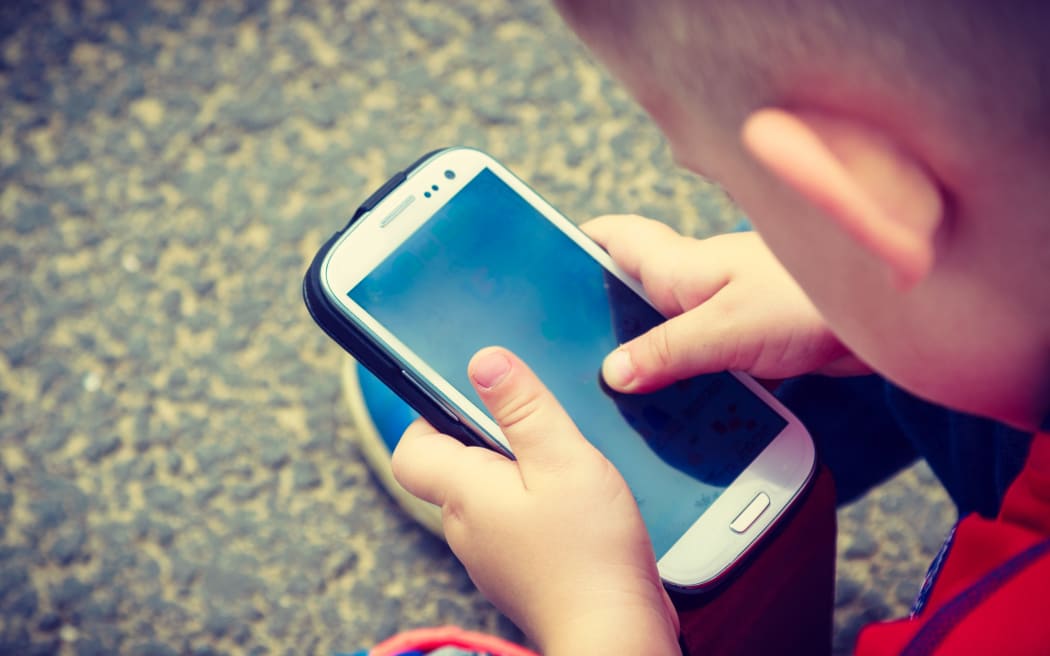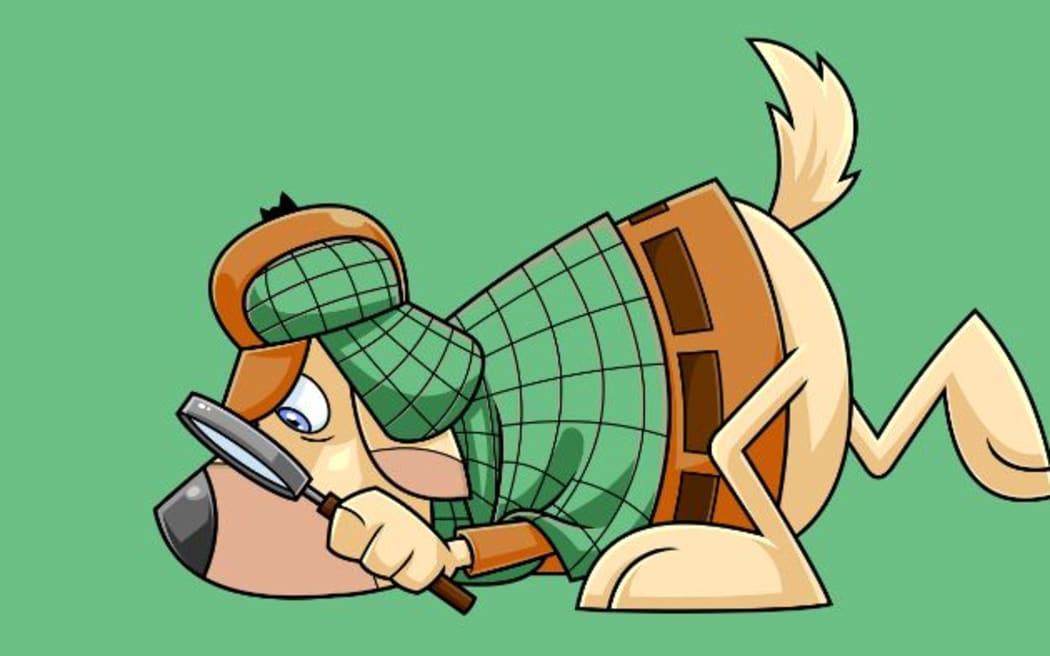
Photo: 123RF
A "rising sense of terror" about online misinformation led Australian journalist Bryce Corbett to create the news podcast Squiz Kids and the media literacy resource Newshounds.
Newshounds – which encourages kids to "stop, think and check" before believing what they see online – is currently used in over 2,000 Australian classrooms and will soon be rolled out in Aotearoa, too.
In the internet age – where "anybody with an internet connection and a phone can start setting can start sending information out into the ether" – neither children nor adults are being taught how to spot misinformation online, Corbett tells Jesse Mulligan.
Squiz Kids –which he describes as "sugar-coated broccoli" – is designed to be a fun but informative source of actual news.
"We don't shy away from big news topics but we cover those topics in a way that won't induce any unnecessary anxiety amongst kids. It's just a factual explanation of what is going on and I guess a reassurance that they needn't worry that it's going to have any particularly bad effect on their lives."
Although the podcast is popular – listened to by about 160,000 Australian kids and their families every month – Corbett didn't expect it would find its way into classrooms.
"When kids are coming in from the playground [teachers] use [Squiz Kids] as an opportunity to get them to focus because it's using listening comprehension skills.
"The fact that it's not actually a screen has been something that has worked really very much in our favour… It's a podcast so kids are compelled to listen. And I think teachers and parents like the fact that their kids' listening comprehension skills are being extended."

Bryce Corbett - director of the news podcast Squiz Kids Photo: Supplied
While kids are less interested in "serious" news, Corbett says, they are "endlessly curious" about the world around them, gathering news and information from social media and YouTube.
Primary school age, when children are still shaping their views, is a good time to start learning about media literacy, he says.
To make the process fun, Newshounds is "gamified" with an animated detective dog Squiz-E teaching kids how to become a 'newshound' themselves.
Squiz-E mantra is 'stop, think and check' before believing everything you see read or hear online, Corbett says.
"We want to teach kids to take a moment, take a beat, when they're online, when they're scrolling through their social media feeds. Just perhaps take a beat and think about the motivations.
"Why is somebody making this piece of information? What possible reaction are they trying to get out of me? What possible gain do they do they seek to have by me believing that piece of information? It's just getting them to understand that with every piece of information they're coming across online, there's generally an agenda attached."
Some Aussie kids familiar with Newshounds now challenge their parents when they mention a piece of news gleaned from Facebook or the like, Corbett says.
"There's this reverse transfer of intergenerational knowledge, which is an unexpected, but very happy side-effect."
Newshounds doesn't send a message that social media is "evil", Corbett says, or that everything on the internet is "rubbish".
"The internet is an incredible tool and our children are going to be doing jobs enabled by that tool that we can't even begin to imagine today. But the ability to read a piece of information and do so critically is really important."
With few people skilled in media literacy and AI increasingly all-pervasive, Corbett fears, as a journalist and a father, that we are "sleepwalking into some kind of dystopia".
"I firmly believe that if we're able to inoculate kids at a young age, before they get a smartphone in their hands, before they get sucked into the vortex of social media, then we stand a pretty good chance of at least protecting them from the worst excesses."

Squiz-E the detective dog is a character in Newshounds - a free media literacy resource for primary schools by the creators of the Australian news podcast Squiz Kids. Photo: Squiz Kids

